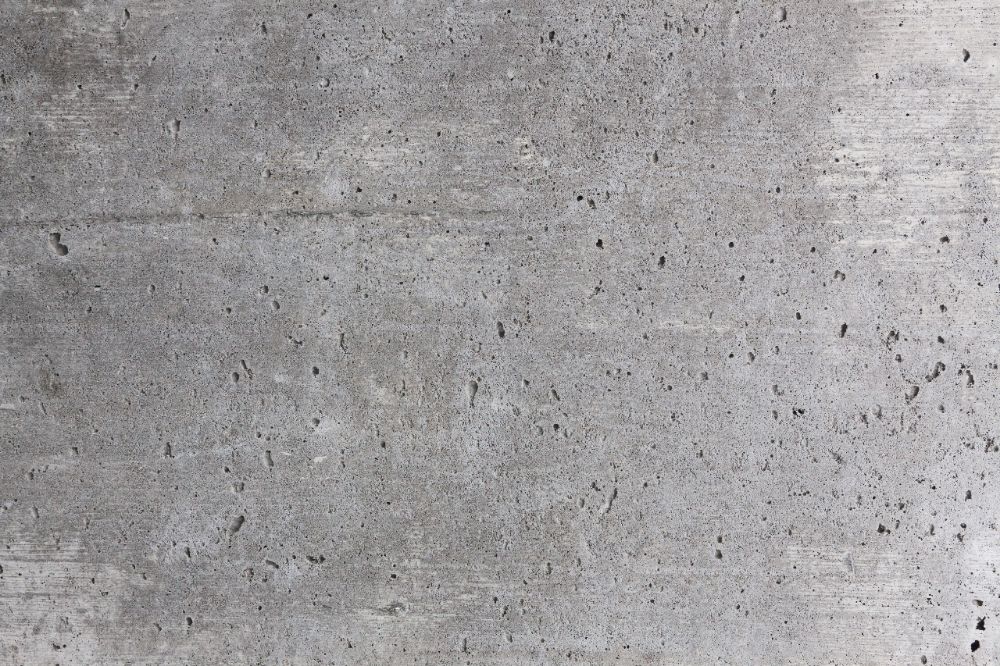Introducing the Eco-Friendly Advantages of Using Recycled Concrete in Lasting Construction Practices
In the world of sustainable building and construction practices, the use of recycled concrete stands as an essential yet frequently underestimated source. Past its traditional applications, recycled concrete offers a myriad of environment-friendly benefits that expand much past the boundaries of typical building and construction products.
Ecological Benefits
By including recycled concrete into construction practices, there is a significant reduction in the requirement for brand-new raw materials, leading to conservation of all-natural resources. In addition, the usage of recycled concrete reduces the amount of waste being sent to land fills, consequently lowering environmental pollution and minimizing the pressure on landfill abilities (Concrete).

In contrast, recycled concrete has a lower carbon footprint as it reduces the need for new concrete production. Generally, the environmental advantages of making use of recycled concrete are substantial and play a critical function in advertising environmentally friendly building and construction techniques.
Cost-Efficiency
When evaluating the application of recycled concrete in building and construction jobs,Accomplishing cost-efficiency is a paramount factor to consider. One of the vital benefits of using recycled concrete is its cost-effectiveness contrasted to conventional concrete. The production of recycled concrete involves much less energy and resources as it utilizes existing materials, lowering the total project prices considerably. Additionally, the schedule of recycled concrete locally can additionally reduce transport expenses, making it an extra economical selection for building jobs.
Moreover, making use of recycled concrete can cause cost savings in landfill expenses by diverting concrete waste from disposal websites. This not only minimizes the environmental impact but likewise removes the costs related to waste elimination. Moreover, the sturdiness and efficiency of recycled concrete are similar to traditional concrete, making certain that price savings do not compromise the quality of the construction.
Resilience and Strength
Recycled concrete offers comparable, if not superior, durability and stamina properties to typical concrete - Concrete. Via innovations in handling methods and quality control, recycled concrete can satisfy advice or exceed the performance criteria of standard concrete.

Waste Decrease
Reliable waste reduction practices play a critical function in the sustainable usage of resources within the building industry. Waste decrease is a crucial benefit that adds significantly to environmental preservation when it comes to utilizing recycled concrete. Traditional building approaches usually produce considerable amounts of waste, particularly in the kind of concrete rubble from demolition websites. By incorporating recycled concrete into construction tasks, this waste is repurposed and diverted from garbage dumps, lowering the overall ecological influence of construction activities.
In addition, the usage of recycled concrete can lead to cost financial savings for building and construction jobs, as it is usually extra cost effective than sourcing and moving brand-new products - Concrete. In verdict, waste reduction through the utilization of recycled concrete is a vital part of sustainable construction methods that benefits both the atmosphere and the building and construction industry as a whole.
Power Conservation
When it comes to making use of recycled concrete in construction, significant power financial savings are achieved compared to conventional concrete manufacturing. view it The process of generating recycled concrete involves squashing and recycling existing concrete products, which eats much less power than mining, handling, and delivering raw materials for new concrete production.
Verdict
In conclusion, the application of recycled concrete in sustainable building practices supplies countless environmental advantages, cost-efficiency, durability, toughness, waste reduction, and energy preservation. By integrating recycled concrete right into building and construction projects, we can add to a more sustainable and environmentally friendly future. It is important for the building and construction industry to prioritize the use of recycled materials to help in reducing the ecological effect of building and construction activities.
One of the key benefits of utilizing recycled concrete is its cost-effectiveness compared to typical concrete.Furthermore, the usage of recycled concrete can lead to cost savings in landfill costs by diverting concrete waste from disposal sites. The sturdiness and efficiency of recycled concrete are equivalent to conventional concrete, making certain that expense savings do not compromise the top quality of the construction.
